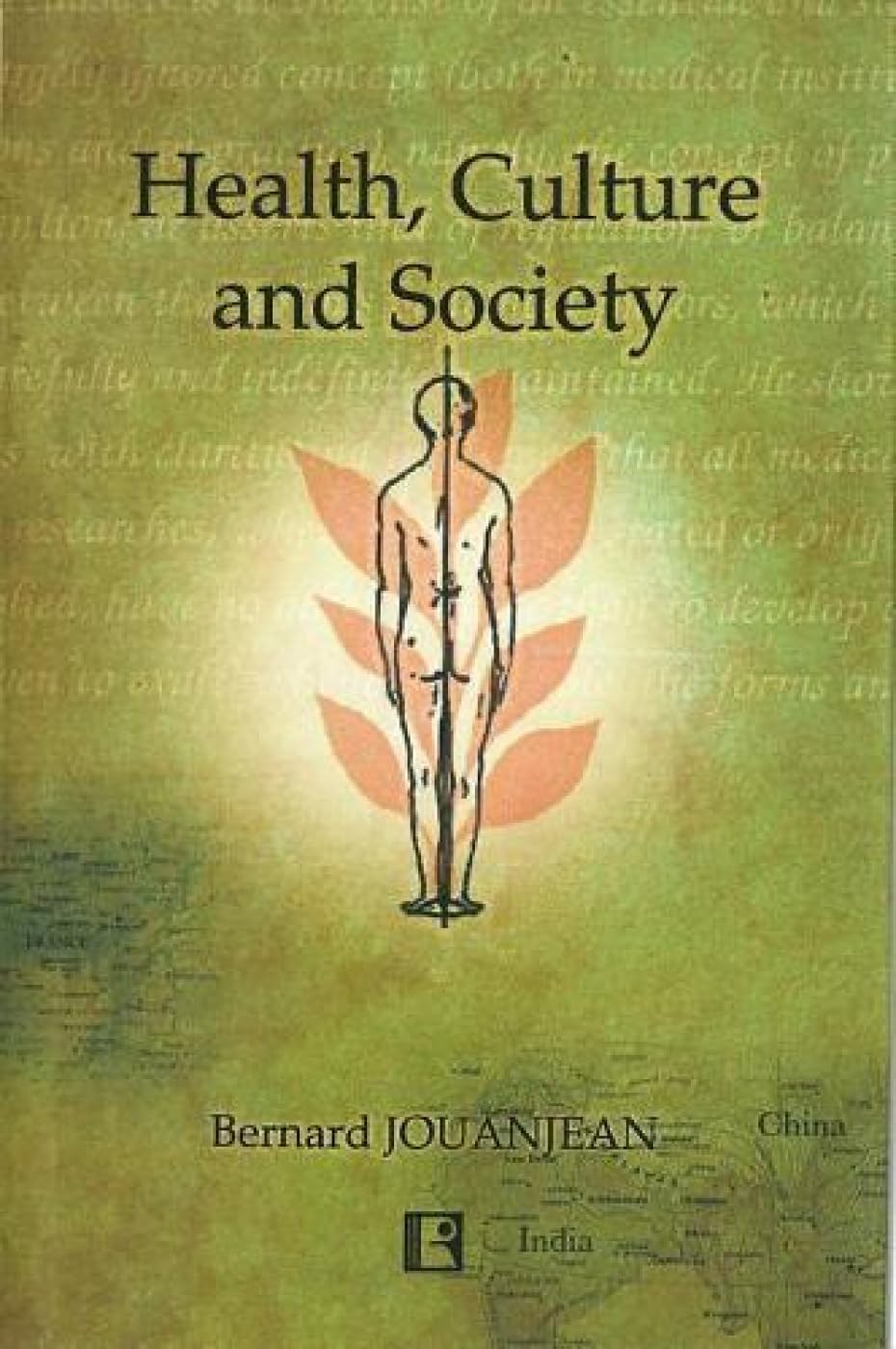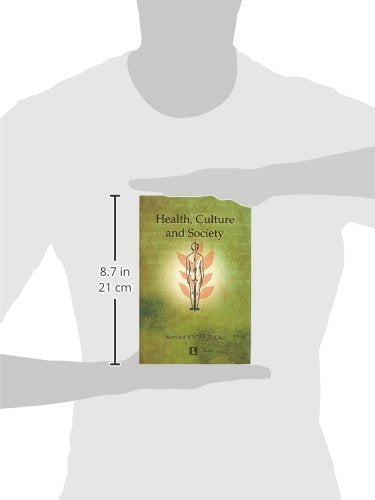Health, Culture and Society: A Comparative Analysis of French, Chinese and Indian Society
Health, Culture and Society: A Comparative Analysis of French, Chinese and Indian Society is backordered and will ship as soon as it is back in stock.
Couldn't load pickup availability
Genuine Products Guarantee
Genuine Products Guarantee
We guarantee 100% genuine products, and if proven otherwise, we will compensate you with 10 times the product's cost.
Delivery and Shipping
Delivery and Shipping
Products are generally ready for dispatch within 1 day and typically reach you in 3 to 5 days.
Book Details:
-
Author: Bernard Jouanjean
-
Publisher: Rawat Publications
-
Language: English
-
ISBN: 9788131603970
-
Pages: 192
-
Cover: Hardcover
-
Dimensions: 8.7 x 5.8 x 0.6 inches
About the Book
Health, Culture and Society offers a compelling interdisciplinary exploration that bridges human physiological functions with cultural and social structures across civilizations. Bernard Jouanjean delves into how societies—ancient and modern—interpret and construct health frameworks based on their understanding of bodily functions and risks.
Focusing on comparative models from China, France, and ancient India, the book reveals a striking insight: high-risk modern societies tend to develop four extra-organic functional prostheses—metabolic, neuropsychic, immunological, and eliminative—around which social behaviors are built. In contrast, older low-risk societies like that of pre-revolutionary France followed a tripartite model, akin to Dumézil’s theory of social structure.
Of particular interest is the ancient Indian model, which initially adopted a quadripartite structure later evolving into a tripartite one. The book explores pressing questions:
-
Why did the Indians favor a quadripartite social system?
-
Was it rooted in theoretical foresight or preventive logic?
-
Could such a model inspire modern health systems grounded in the autonomous regulation of the body and its functions?
This intellectual inquiry invites readers to rethink modern health models through the lens of cultural and historical evolution, proposing new frameworks for prevention and societal well-being.
About the Author
Dr. Bernard Jouanjean holds multiple Certificates of Specialized Studies (CES) and University Diplomas (DU) in areas including Occupational Medicine, Sports Biology, Aeronautical Medicine, and Radiation Protection. Currently serving as a doctor of prevention at the Collège de France and a workplace doctor for a major telecommunications firm, he also maintains a private practice in nutrition. His diverse experience, including a diploma in Human Resources from École HEC-CNAM, shapes his unique approach to designing health systems based on physiological and preventive principles.







